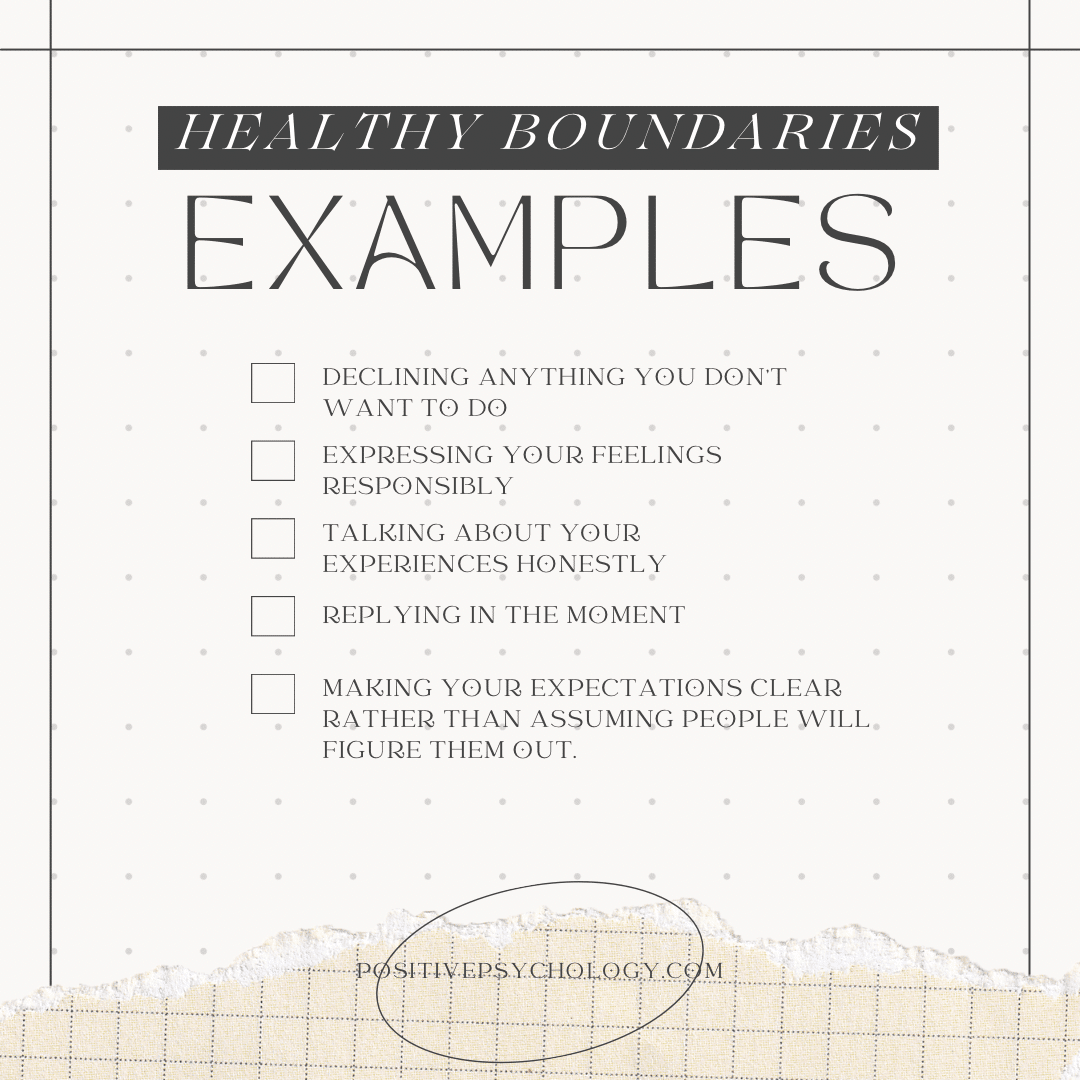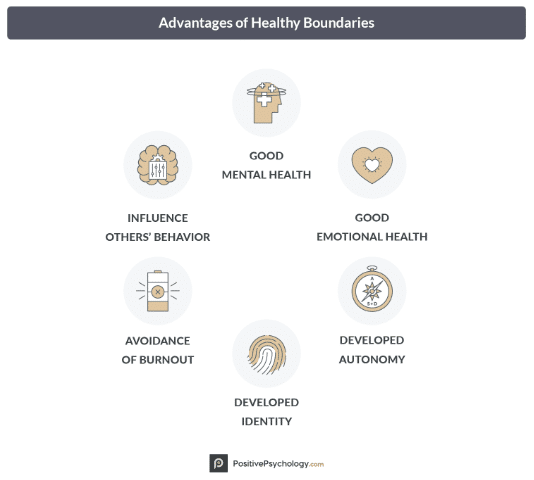
ALT TEXT: Human Hand | Students taking photo with their mobile phone | Family hugging | Meeting with colleagues. Photo via Pexels.
“Self-care does not have to cost anything — it’s just doing things you enjoy. And a lot of the things we enjoy or feel fulfilled from cost nothing”, Marni Amsellem, PhD.
We encounter stress daily with classmates at school, colleagues at our workplace, or even with our families at home. And most of the time, we cannot deal with it right away, so it often adds up. Did you know that having self-care can reduce stress, burn out and also eliminate mental health illnesses such as anxiety and depression?
According to the World Health Organization, self-care is the ability to manage challenges independently or with support, which is also reiterated by the National Institute of Mental Health that small acts of self-care — like taking breaks or engaging in activities that bring joy— contribute to mental and physical well-being.
Essential tips to start your self-care routine:
- Mindful Reflection: Personal Check-in and Digital Detox
- Reflecting on oneself and daily activities boosts self-awareness, allowing for improvement and growth. Balancing screen time and social connections is crucial, as is engaging in activities like going out, walking, and relaxing.
- Physical Well-being: Eating Healthy, Regular Exercise, Sleeping Time
- Your food consumption will give you energy, so you must eat healthy. Having regular exercise can boost your mood and focus. You should also prioritize your sleeping hours because it will affect your mood and mental stability the next day.
- Emotional Resilience: Finding an Outlet and Learning to Say No
- You need to release and manage stress. You should refrain from keeping your problems on days. You can also get a pet if you want to. Always remember that a clearer mind will help you think more fruitfully. Avoid assertiveness and say ‘NO’ when uncomfortable and necessary.
- Seeking Help: Professional Support
- If you feel that you are experiencing severe or distressing symptoms, seeking professional help is a big step to dealing with it.
There is no perfect routine for self-care, and it is not too late to try. We need to recognize and start self-care because of its positive outcomes, such as resiliency, longevity, and better stress management, as Lawler, M. (2024) said.
Remember to prioritize yourself more than anything else!
Simple ways to show support and comfort

ALT TEXT: Reaching out. Photo via Pexels.
Do you have second thoughts on the best approach to a loved one who needs emotional and/or mental support?
We become cautious and extra sensitive whenever someone close to us struggles. Most of the time, they even say they don’t want us to know because they know that we also have problems. But how should you show that you are emotionally available to a friend without them feeling restricted or forced to open up something? And how can you comfort them without making things worse, stepping into their feelings, or without that situation being about yourself?
- Listen!
- It is the most effective and priceless way to give to someone since being heard without any judgment may ease their feelings and calm their thoughts.
- Practice compartmentalization
- Compartmentalization involves separating emotions to focus on a task, so emotional availability is crucial when with friends to avoid triggers or unnecessary advice.
- Be compassionate
- Connect with them through your heart and avoid overstepping the situation. You can cheer them up by reminding them about your presence and that they are not alone– a support system.
- Express empathy
- Show that you understand what they are going through by acknowledging their feelings and giving emotional validation. Avoid telling them how to behave in the situation since someone can be impulsive regarding empathy.
- Plan a Visit
- If you are away with your loved one, send supportive messages, memes, calls, or visits to your loved one. Your presence can strengthen your relationship, boost their happiness, and help them cope with the situation.
Showing support for your friends during hard times is one of the most important things you can do. After all, vulnerability and consistency are the hallmarks of a good friend, Logan, H., (2025).
What is a Healthy Boundary?
Self-care is necessary when setting boundaries since this may differ from person to person.
According to Jo Nash, Ph.D. (2018), Boundaries are interpersonal limits shaped by personality, culture, and context. It is the limit that you give to yourself and others to keep your peace of mind where it is how we want to be treated by others; we decide what is acceptable.
Below are some examples of Healthy Boundaries by PositivePsychology.com

Set-backs

ALT TEXT: Woman in white tank top holding a plastic. Photo via Pexels.
It is understandable that there are times where there are some setbacks in drawing boundaries since its importance is not clear to a person or there are any more personal reasons.
Sharon Martin LCSW identified some of the reasons that prevents a person from setting boundaries:
- Fear- scared to do something different
- Ambivalence- you aren’t 100% convinced about your decisions
- You don’t know how- you never saw anyone model or teach you healthy boundaries
- Low self-worth- you feel unworthy or unlovable and you are not used to being treated with respect
- People-pleasing- you don’t want to disappoint people and you avoid conflicts at all costs
Is it Essential?

Yes! Setting healthy boundaries will significantly affect your self-stability. Rich Oswald, L.P.C., a psychotherapist, said in one of his posts that he refers to the ‘law of relationship,’ which identifies that you can’t control what others think, feel, or do, and you are solely responsible for what you think, feel and do. It sets a clear line to avoid taking responsibility for other people’s emotions, where you can be mindful of your needs, communicate clearly, and show respect. Having healthy boundaries prevents us from getting manipulated by people and empowers self-identity.
Let’s do the Balance!
“Striking a balance between pleasing others and practicing self-care is an ongoing process”, Ilene Strauss Cohen Ph.D.

ALT TEXT: Woman looking in a mirror. Photo via Pexels.
Know that boundaries are all about your peace. In healthy boundaries, learn that it is a break-it-or-make-it system because you cannot keep a connection that hurts you, or, on the other hand, you can strengthen a relationship you want to keep.
Here are some tips on starting a balance between giving support while keeping your self-care:
Time Management
Assess personal, work, and peer time, identify life obligations, and set a schedule to prioritize tasks and maintain track.
Art of Communication
You must be open and honest with your feelings, especially when defining your limits. It is important to feel heard and understood and to listen to others actively.
Foster Interdependence
You must aim for a dynamic relationship where you can rely on a person while maintaining your identity. This act can also help you grow in your self-knowledge and embrace flexibility.
Regulate your emotions
You must recognize your emotional capacity and avoid becoming too emotionally invested. You also need to soothe yourself without relying excessively on someone else.
SOURCES:
